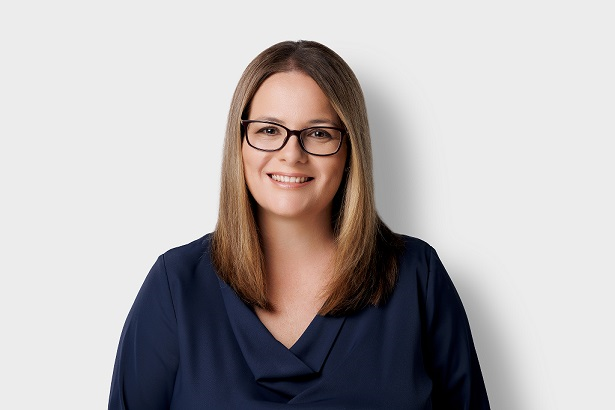
Highly qualified mental health counsellors are being shut out of the school system despite unfilled vacancies and the growing youth mental health crisis, a new study shows.
Now the peak body representing Australia’s counsellors and psychotherapists is demanding answers and warning that students’ lives are at risk due to lacklustre school mental health policies.
Currently, Education Departments in all States except Victoria only accept limited professions like social workers and psychologists to fill the role of a school-based mental health practitioner, despite mental health counsellors being qualified and experienced.
CEO of the Australian Counselling Association (ACA) Jodie McKenzie says there were simply not enough people in those categories to meet the needs of students.
“As counsellors, we know that sadly, when people cannot get the help they need, the consequences can be tragic.”

Australian Counselling Association CEO, Jodie McKenzie
Existing supports far from adequate
According to the Australian Institute of Health and Welfare, suicide is the leading cause of death for young people, with almost one third of all deaths among Australians aged 15–24 years due to suicide.
Despite these alarming figures, approximately three in every four children identified with a severe mental health disorder are missing out on access to child mental health specialists.
To address this, the Victorian Government implemented the Mental Health and Wellbeing Act on 1 September 2023, recognising counsellors of a prescribed class as a mental health practitioner. McKenzie says other states now need to follow Victoria’s example.
“Integrating qualified counsellors into school wellbeing programs involves collaborative efforts with other professionals to provide early intervention counselling to students,” McKenzie told The Educator.
“ACA registered counsellors are already working in private schools across Australia and work alongside teachers, psychologists, and social workers to identify students who may benefit from additional support.”
Research conducted by the ACA showed a third of Australian parents cite lack of adequate support or access to the right support as key factors which fuelled a decline in their children’s mental health.
McKenzie says that for many parents, supporting their children through these challenges with little to no professional assistance has taken its toll on their own mental wellbeing.
“By integrating counselling into early intervention programs, counsellors can help students develop coping strategies, improve social skills, and manage emotional challenges,” she said.
“This collaborative approach ensures that students receive comprehensive support within the setting they spend most of their time - school - to enhance their overall wellbeing and academic success. Successful outcomes include improved student mental health, reduced behavioural issues, and enhanced school climate.”
How schools can help
McKenzie says schools can help to improve the wellbeing of young people in their care by building a culture of mental health awareness and collaboration.
“This can be achieved through regular communication and partnership between counsellors, teachers, and school leaders to identify and support students in need,” she said.
“School leaders can provide resources and professional development opportunities to help teachers recognise signs of mental health issues and understand how to refer students to counsellors.”
Additionally, says McKenzie, teachers can work closely with counsellors to implement strategies that promote positive mental health in the classroom.
“By working together, school leaders, teachers, and counsellors can create a supportive environment that prioritises student wellbeing and effectively addresses their mental health needs.”
McKenzie said creating awareness and learning opportunities for teachers and school staff will assist in recognising signs of mental health issues and providing initial support.
“Workshops with teachers, counsellors, psychologists and social workers to collaborate on student cases can improve the co-ordinate of care. Awareness and learning can also be extended to students by implementing peer support programs and encouraging a supportive school community,” she said.
“There are also options to provide workshops to parents and educating students and parents on how to safely use technology for resources and support. These suggestions will assist in building knowledge and skills as needed to support effectively.”
McKenzie said moving forward, the ACA is continuing to call for other states and territories to follow Victoria’s lead in recognising that registered counsellors are “a safe, qualified, and competent workforce” to fill vacancies in Australian state schools.
“We are asking for changes to eligibility criteria to be inclusive of registered counsellors and any legislative changes required to recognise our profession,” she said.
“The addition of counselling as a discipline in school wellbeing programs will provide support and balance workloads of other professions.”


